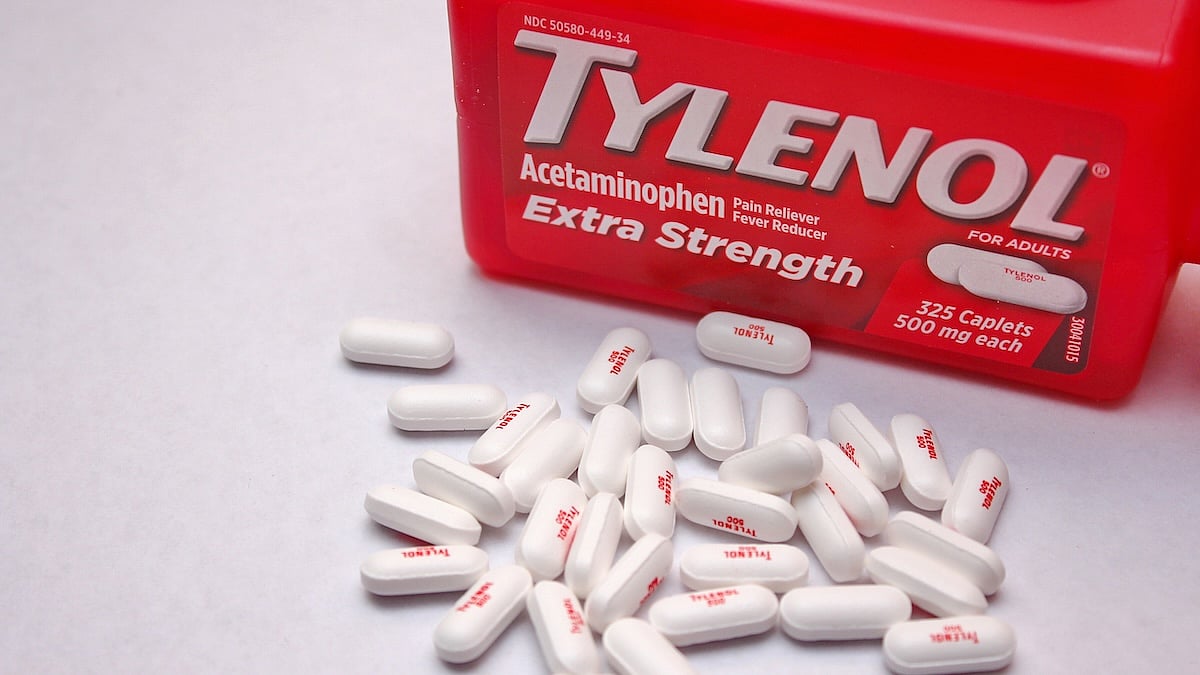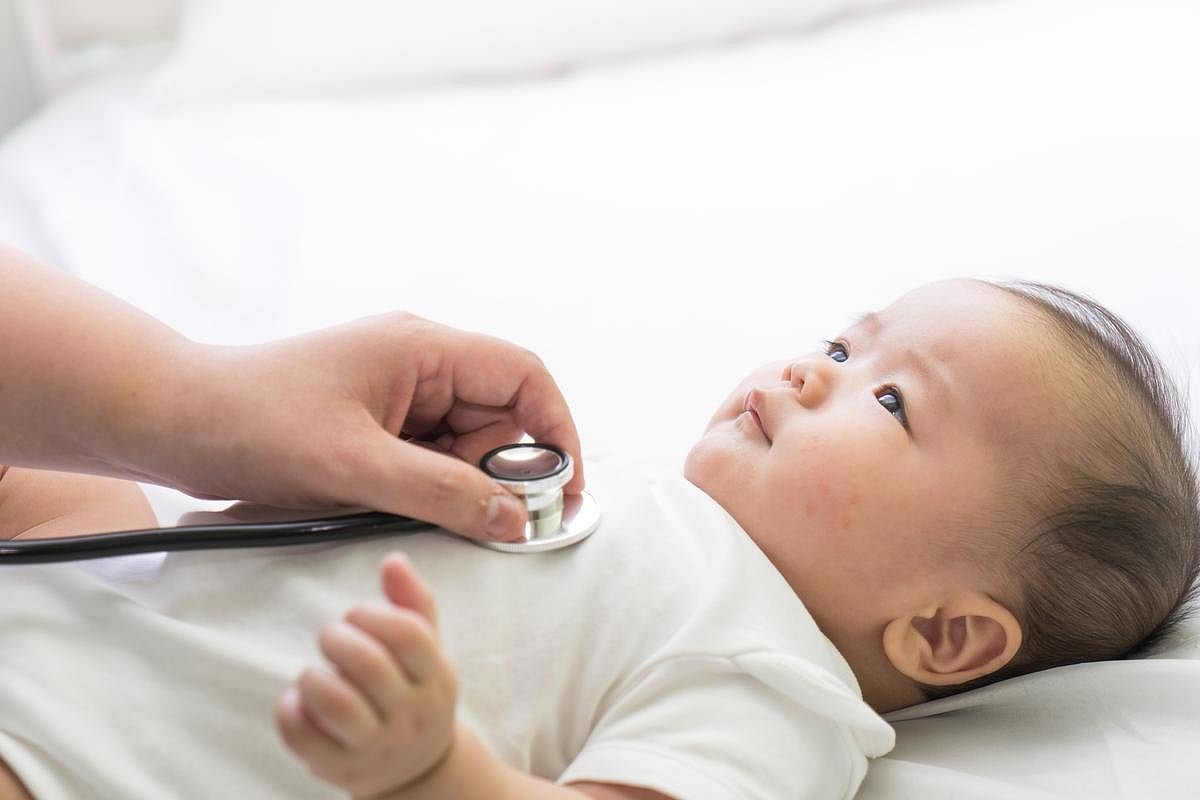
Home exercises can effectively ease knee pain caused by cartilage tears and arthritis, apparently with or without physical therapy, a new study says. The stretching and strengthening exercises provided about the same amount of pain relief whether or not a person got real or sham physical therapy, researchers reported Oct. 29 in The New England… read on > read on >


















.jpeg)